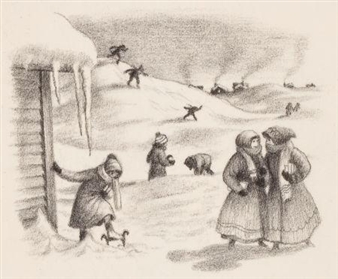First I noticed that he had a European accent, so I asked him what his native language was. German.
Next I said I was reading a book about World War II (I forget which one now, most likely fiction). He said he didn't have to read about it, he was in it, and that was enough for him.
Turns out he was a boy in Dresden when the British and American Allies bombed the city in four different raids between February 13 and 15, 1945, killing an estimated 22,700 to 25,000 people.
My coffee-shop acquaintance was not outside during the bombing, but his younger brother, whose name I don't know, and his older brother Horst, were. Horst was killed, his parents had to bury what little of him they could find, and Horst's foot, still in his boot, was not found until a week later.
When the younger brother went back to the house, his mother asked him where Horst was, and the boy said, "Dead, I guess." My acquaintance used this as an example of how inured people get to violence around them during wartime.
Of course, the bombing became controversial in 1953, and my acquaintance, who emigrated to the United States as a boy or young man, had probably already come to this country. While the people analyzing the command decisions of the Allied military said that the bombing was a strategic necessity, critics said that the city of Dresden was not an important target and, as a historic and cultural treasure trove of European civilization, should have been spared.
